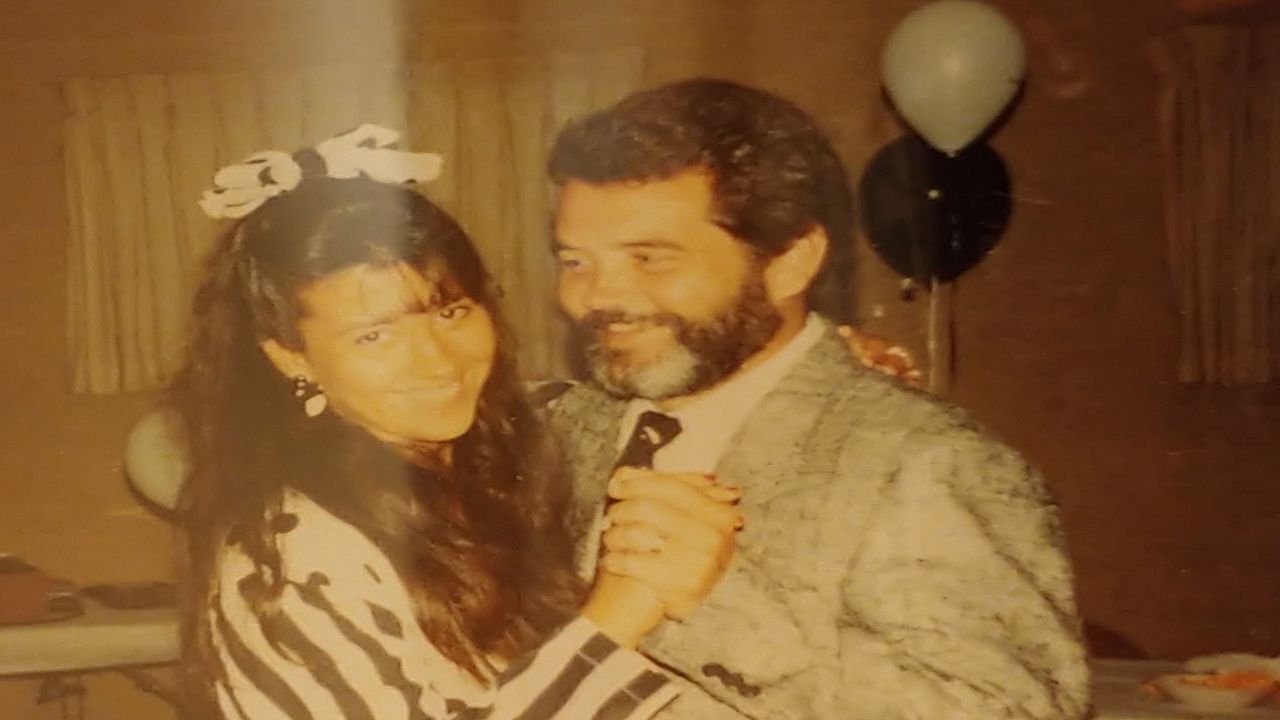CINCINNATI, Ohio — Jails and prisons are among the hardest hit during the coronavirus pandemic, prompting leaders to cut visits and programming to prevent a potential outbreak.
Hamilton County is no different.
What You Need To Know
- Transforming Jail Ministries has been providing religious services to the Hamilton County Jail for decades
- Due to the pandemic, all non-essential visits have been canceled and any chaplain visits are non-contact, by request only
- With coronavirus still spreading quickly in Hamilton County, jail and ministry officials don’t know when normal services will be able to resume
Hamilton County Jail administrator Capt. Scott Kerr said the jail has had to cancel all non-essential visits. They’re relying on virtual or no-contact services for attorneys and counselors, and any in-person programming is canceled indefinitely.
“We don’t want their friends and family coming down and then them contracting it when they’re sitting with a bunch of other people for a visit,” he said. “So as much as it seems like a bad situation it’s the best of a worst scenario in our minds.”
Kerr said the Hamilton County Jail has already seen what can happen when the virus spreads. In late June, an outbreak infected roughly 60 inmates.
Kerr said none required serious medical intervention, but the jail couldn’t risk the situation getting worse.
“We have so many people living in such an enclosed close-quartered atmosphere that it becomes a much higher concern,” he said. “It’s transmitted so easily from person to person.”
One of those services cut back is Transforming Jail Ministries (TJM), the organization Rob Davis credits with making him a new man.
“Had it not happened for me, I don’t know where I would be,” he said. “I probably wouldn’t be alive.”
Davis struggled with alcohol and drug addiction, landing him in and out of jail. In 1996, he got his first felony charge, aggravated robbery, which sent him to the Hamilton County Jail.
“I was thinking to myself that things just didn’t look too good for me,” he said. “I was going to need some help.”
That’s when he was introduced to TJM through a Bible study taking place just outside his cell.
“For a while, I would just stand in my doorway and listen,” he said. “And things started to click.”
From there, Davis said he took a more active role, changing his life during the next three months.
“I kept studying the word, I kept talking to God and I kept going to the Bible study,” he said.
By the time his trial date arrived, Davis said his new perspective and good behavior paid off. His charges were reduced and after six months in jail, he was released.
“I love telling this story because it’s just so important to me for people to understand how important it is for jail ministry to continue,” he said.
Stuart Warren, the CEO of TJM, said the organization has been a part of the Hamilton County Jail system for decades but now, the pandemic has changed how they can deliver their mission.
“Our mission, literally, is to take God’s message of hope to those in jail and so we’re trying our best in terms in providing videos and being there for one-on-one meetings,” he said.
Sunday services and Bible studies are canceled and chaplain visits are behind glass, through the phone and by request only.
“Even among those who can go in, I think only five of our chaplains, including myself, are at a point where personally they feel safe to go in so everything is just super limited,” Warren said.
Warren said he’s still coming in to provide counseling and grief intervention services but the requests are dwindling, and he fears it’s impossible to reach new people.
“I haven’t asked the question to inmates about hopelessness versus hope, but I imagine it’s difficult not having leadership in your life,” he said.
During the past three years, Detra Scott said the ministry’s leadership has been an essential part of helping her cope with her time behind bars.
“Without them and without my faith, I would have nothing,” she said. “I would be where I was when I came in.”
Awaiting trial for aiding and abetting charges, she said she latched onto the services soon after her incarceration. In the pandemic, she said their absence is felt every day.
“You’ve got all of us asking, ‘When can we see a chaplain? When can we go to church?'” she said.
In the meantime, Scott said she’s had to step up.
“A lot of us have anxieties and stuff like that,” she said. “We get depressed because of the COVID virus we get frustrated, but they say that, too, that I’m a leader and I try to you know speak life into people.”
For Scott, it’s become a mission too, because she said she understands what she needed to hear when she came into jail three years ago.
“I would tell Detra to watch out for different people. Pay attention a lot better,” she said. “I would tell Detra to love herself, because I don’t think I did.”
Now in this time of isolation, she’s hoping to use her journey to inspire others. Without seeing, hearing or meeting her guides, Scott said she wants to help others find the same path she did.
“I feel like every person should get that relationship,” she said.
The Hamilton County Jail, meanwhile, is working to improve technology allowing for more virtual visits as the pandemic continues.
Warren said TJM will continue to keep chaplain visits as long as possible, but they don’t expect full services back until the pandemic is under control.




